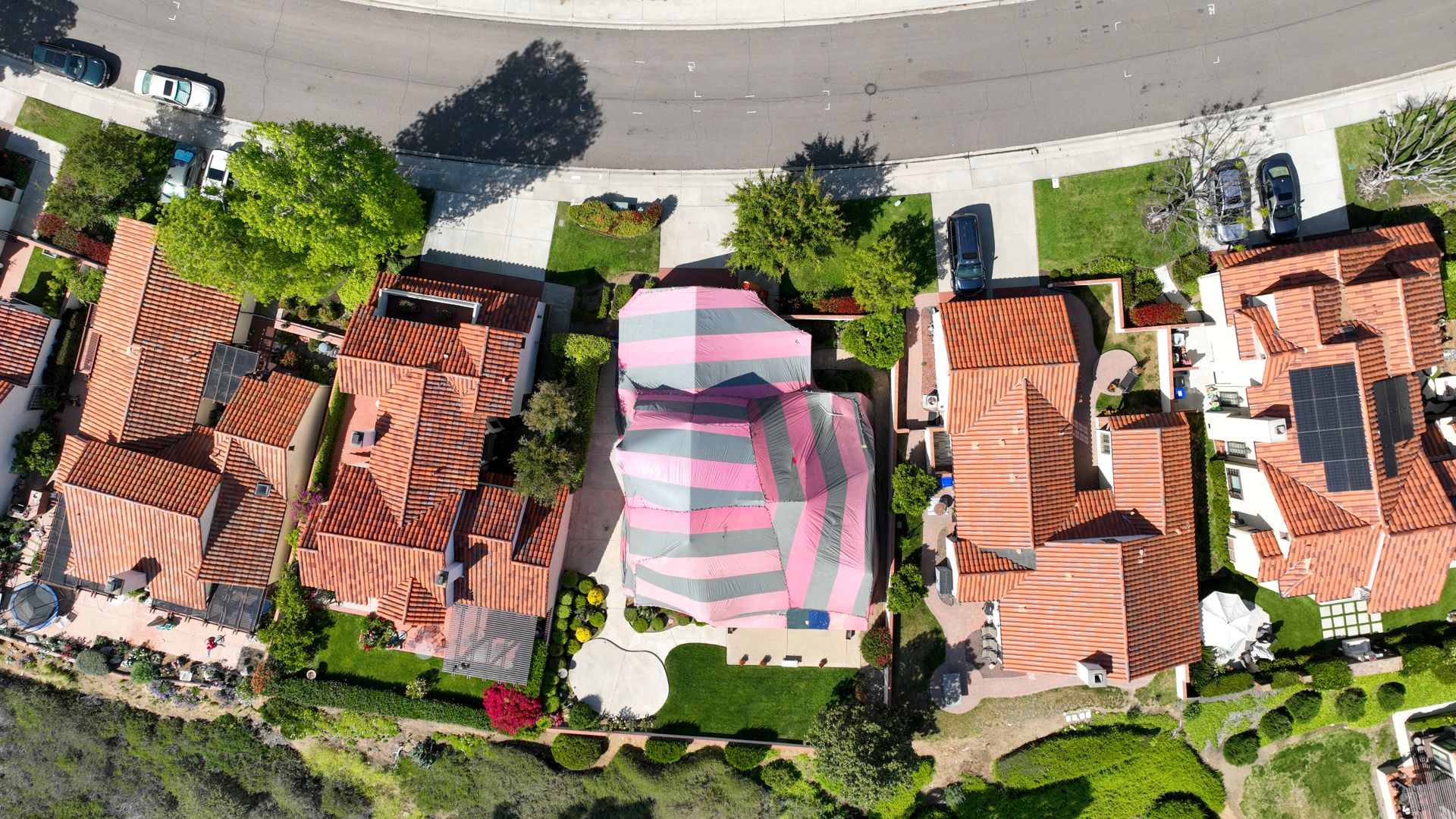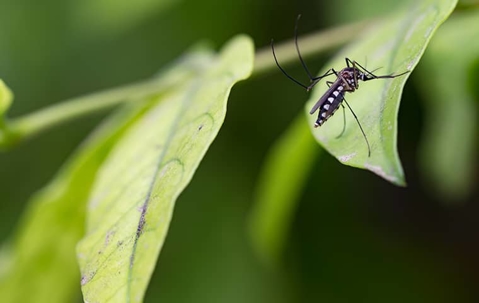Mosquitoes are nuisance pests with rapid reproductive capabilities. Many home pest control techniques fail to address the entire life cycle and focus only on killing adult insects. Unfortunately, this leads to recurring infestations and big frustrations. It's important to eliminate these bugs at each phase of their life. Keep reading to learn how to get rid of mosquitoes by disrupting their life cycle.
Can Mosquitoes Reproduce Without Stagnant Water?
The mosquito life cycle consists of four distinct stages: egg, larva, pupa, and adult. A female mosquito requires a blood meal to reproduce. Once she’s eaten, she will seek out an area to lay her eggs, most commonly a standing water source. The eggs will stay submerged, and after they hatch, the larva will remain underwater to continue growing. Once the baby mosquitoes become fully-formed adults, they'll leave the water source and fly around in search of a meal.
Standing water is required for most mosquitoes to lay their eggs. They're not picky and will lay eggs in any source of water that suits their needs. It's common to find mosquito eggs in planters filled with rainwater, puddles throughout the yard, and water that may have pooled in your gutter system. Research has shown that some species of mosquitoes lay their eggs outside of a water source but are still close by. Other species lay eggs in the soil to take advantage of moisture. One of the best ways to keep mosquitoes out of the yard is to eliminate all sources of standing water.
Can Salt Kill Mosquito Larvae?
Recently, there have been claims suggesting that using salt is an effective method of killing mosquito larvae. However, scientific studies have shown that these claims are false. Fortunately, there are several other ways to kill mosquito larvae while they're in the water. In addition to eliminating standing water sources, try implementing some of these tips today.
- If you have a pond or a similar water feature, consider adding fish. Fish disrupt the mosquito life cycle by feeding on larvae.
- Coat a water source filled with mosquito larvae with oils. Olive oil works well, as does vegetable oil. Cinnamon essential oil acts as a pesticide and is highly effective.
- Add an agitator to decorative water sources, like birdbaths. They keep water moving, which prevents mosquitoes from laying their eggs. Agitators also attract mosquito-eating birds.
- Place a small amount of dish soap in a standing water source. Most soaps are toxic to mosquitoes but to other animals as well. Avoid using this method in water features with fish or in any areas shared with pets.
It's essential to protect yourself against the diseases carried by mosquitoes, such as malaria, dengue, and West Nile Virus. If you're struggling to keep mosquitoes off your property, contact a trusted source of pest control in Dallas, like Texas Star Pest & Termite.
What Do Mosquito Eggs Look Like?
Different species of mosquitoes lay their eggs in unique ways. The Culex species lay their eggs in tiny rafts on the surface of water sources. These rafts are between 1/4" and 1/8" wide and have a soot-like appearance. Each raft contains anywhere from 100 to 300 eggs. Other species, like the Anopheles, lay single eggs across the water's surface. They resemble tiny, black grains of rice.
Pest Control Services In Dallas Specializing In Mosquitoes
Protect your household from dangerous mosquitoes with services from Texas Star Pest & Termite. Our expert team has been keeping Dallas homes pest-free since 1968. Our comprehensive mosquito treatment solutions include spraying, fogging, and misting systems. A satisfaction guarantee also backs them. To learn more or to schedule an appointment, call us today.

